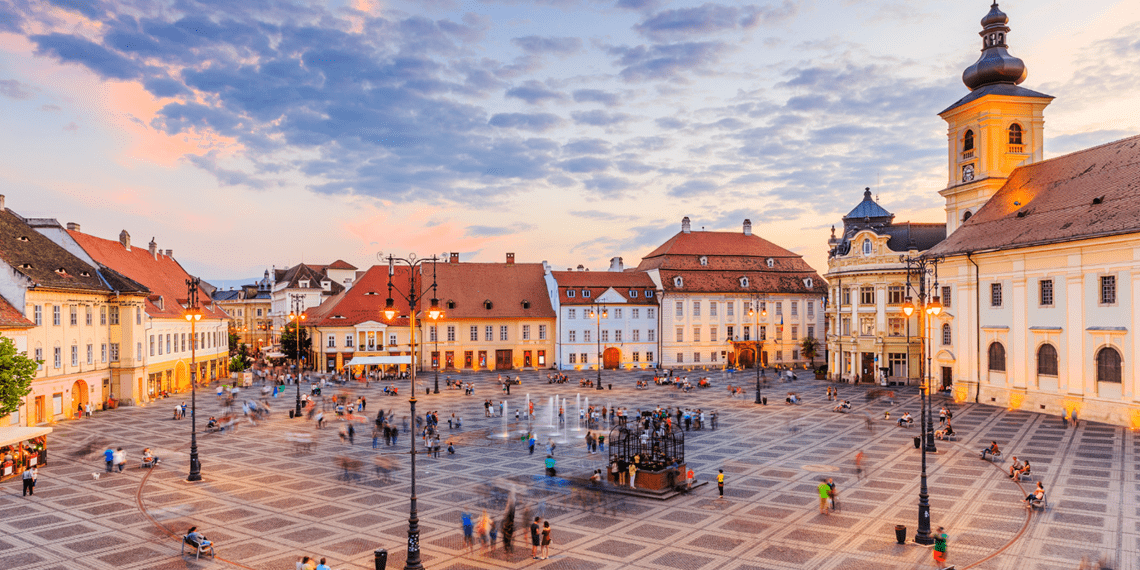News, Our Activities
Interesting Facts About Saudi Arabia’s Economy and Lifestyle

When mentioning Saudi Arabia, most people immediately think of oil – the abundant resource that has made the country one of the wealthiest economies in the world. However, beyond its reputation as an oil powerhouse, Saudi Arabia offers fascinating insights into its diversified economy, rich culture, and unique lifestyle. Let’s take a closer look at this remarkable nation.
- Industry: “Black Gold” and a Bold Transformation
Oil: The Backbone of the Economy
Saudi Arabia is the world’s largest oil exporter, with reserves accounting for about 15% of the global total. Saudi Aramco, the state-owned oil company, is a giant in the energy sector and one of the most valuable corporations worldwide. Oil revenues contribute over 50% of GDP and about 70% of government income, forming the foundation for massive infrastructure development projects.
However, Saudi Arabia is not just about oil. Under the Vision 2030 initiative, the country is actively reducing its reliance on “black gold.” Other industries, such as petrochemicals, metal production, and green technology, are receiving significant investments. Landmark projects like NEOM, a smart city powered entirely by renewable energy, and the industrial hub King Salman Energy Park (SPARK) showcase Saudi Arabia’s commitment to a more diversified economy.
- Agriculture: Thriving Amid the Desert
Saudi Arabia is one of the driest nations in the world, with most of its land covered by desert and an average annual rainfall of just 59 mm. Despite these challenges, the country has achieved remarkable agricultural milestones through modern technology.
Smart Irrigation: Drip irrigation systems and greenhouses optimize water usage.
Key Products: Wheat, dates, and livestock products (lamb, dairy) are major agricultural outputs.
Dates: Saudi dates are not only a traditional staple but also a significant export product, recognized globally for their quality.
In addition, the government is investing in sustainable farming research and renewable-energy-based food production to combat climate change.
- Services: Spiritual Tourism and Modern Entertainment
Spiritual Tourism – A Key Focus
Mecca and Medina, the two holiest cities in Islam, attract millions of pilgrims each year. The annual Hajj and Umrah pilgrimages are not only of religious significance but also contribute significantly to the economy, accounting for about 12% of GDP.
To accommodate this demand, the government has heavily invested in infrastructure, including airports, hotels, and transportation services. By 2030, Saudi Arabia aims to welcome 30 million pilgrims annually, further boosting its services sector.
Modern Entertainment and Tourism
Beyond spiritual tourism, Saudi Arabia is expanding its tourism sector with high-profile projects such as the Red Sea Project, focusing on luxury beach resorts, and various cultural and music festivals. These initiatives not only diversify the economy but also highlight the country’s growing openness to the world.
- Population: A Young and Diverse Community
Youthful Energy
With a population exceeding 36 million, Saudi Arabia is a youthful nation, with more than 60% of its citizens under 35 years old. This demographic provides a vibrant energy, driving innovation and development in industries like technology and entrepreneurship.
Diverse Workforce
Saudi Arabia hosts one of the largest expatriate labor forces globally, with millions of workers from countries like India, Pakistan, the Philippines, and Vietnam. Expatriate workers play a critical role in sectors like construction, services, and industry.
- Culture and Lifestyle: Tradition Meets Modernity
Rich Cultural Heritage
Saudi citizens preserve their traditional values through attire (thobe and abaya), Halal cuisine, and celebrations like Ramadan, the most sacred month in the Islamic calendar.
Modernization and Social Progress
In recent years, Saudi Arabia has made significant strides in modernization. Iconic changes include allowing women to drive and increasing their participation in the workforce and education. International music, cultural events, and sports tournaments are regularly held, fostering cultural exchange and modernization.
- Religion: The Heart of Islam
As the birthplace of Islam, Saudi Arabia plays a central role in the global Islamic community. Religion profoundly influences culture, law, and daily life in the country.
Saudi law is based on Sharia (Islamic law), but the nation is gradually adapting its regulations to align with modern global standards while maintaining its core religious values.
Conclusion
Saudi Arabia is a nation of immense potential, blending a robust economy, youthful energy, and rich cultural heritage. Its transformation journey is not just about economic diversification but also about embracing sustainable development and fostering global integration.
The interplay of tradition and modernity, preservation and innovation, makes Saudi Arabia a captivating destination and a symbol of progress in the Middle East.

